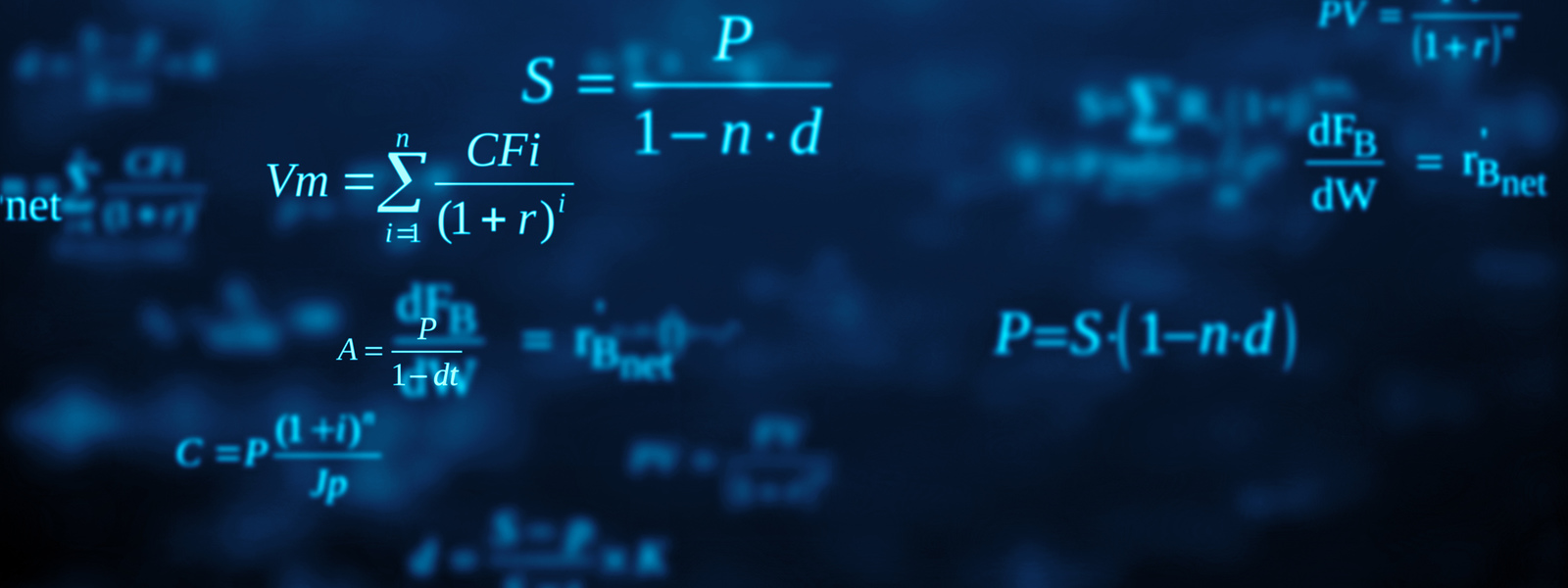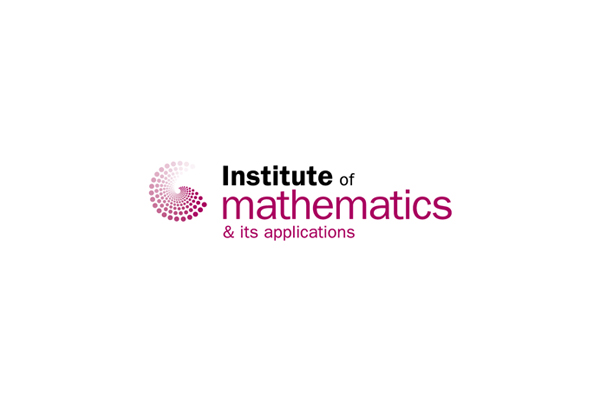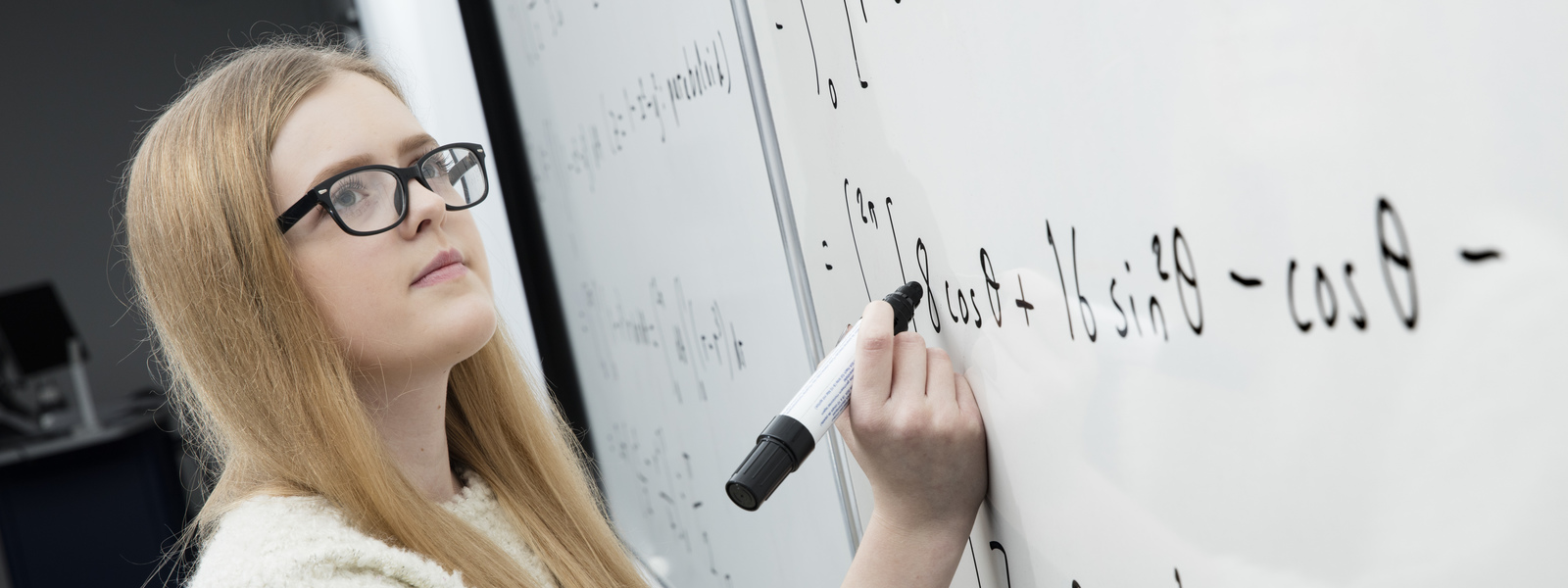Module Overview
The module aims to introduce the main concepts of Autonomous Mobile Robotics, providing an understanding of the range of processing components required to build physically embodied robotic systems, from basic control architectures to spatial navigation in real-world environments.
Students will have the opportunity to be introduced to relevant theoretical concepts around robotic sensing and control in the lectures, together with a practical “hands on” approach to robot programming in the workshops.
Module Overview
This module provides an understanding of the challenges in cyber security faced by society and industry. This includes an examination of the impact of threats and develops an understanding of mechanisms to reduce the risk of attack. The module examines a range of cyber threats and attack types and introduces strategies to mitigate these. It also prompts students to consider the legal, social, and ethical implications of cyber security.
Module Overview
This module gives a mathematical foundation of ideal and viscous fluid dynamics and their application to describing various flows in nature and technology.
Students are taught methods of analysing and solving equations of fluid dynamics using analytic and most modern computational tools.
Module Overview
Symmetry, understood in most broad sense as invariants under transformations, permeates all parts of mathematics, as well as natural sciences. Groups are measures of such symmetry and therefore are used throughout mathematics.
Abstract group theory studies the intrinsic structure of groups. The course begins with definitions of subgroups, normal subgroups, and group actions in various guises. Group homomorphisms are introduced and the related isomorphism theorems are proved. Sylow p-subgroups are introduced and the three Sylow theorems are proved. Throughout, symmetry groups are used as examples.
Module Overview
Digital image processing techniques are used in a wide variety of application areas such as computer vision, robotics, remote sensing, industrial inspection and medical imaging. Image processing is the study of algorithms that take images as an input and return information about these images. This module aims to provide a broad introduction to the field of image processing, culminating in a practical understanding of how to apply and combine techniques to various image-related applications. Students will have the opportunity to extract useful data from raw images and interpret the result.
Module Overview
The module introduces the fundamentals of machine learning and principled application of machine learning techniques to extract information and insights from data. The module covers supervised and unsupervised learning methods. The primary aim is to provide students with knowledge and applied skills in machine learning tools and techniques which can be used to solve real-world data science problems.
Module Overview
This module is designed to provide students with an insight into the teaching of Mathematics at secondary school level and does this by combining university lectures with an experience of a placement in a secondary school Mathematics department.
The module aims to provide students with an opportunity to engage with cutting-edge maths education research and will examine how this research impacts directly on classroom practice. Students will have the opportunity to gain an insight into some of the key ideas in Mathematics pedagogy and how these are implemented in the school Mathematics lessons and will develop an understanding about the barriers to learning Mathematics that many students experience.
Module Overview
The module aims to equip students with methods to analyse and solve various mathematical equations found in physics and technology.
Module Overview
This module aims to equip you with the skills to design and develop connected, data-driven mobile applications, leveraging smartphone sensor technologies such as location, camera and proximity sensors. Consuming RESTful web services will be an area of focus for the data driven components of mobile app development. You can utilize contemporary tools to build mobile applications by applying industry-standard techniques for both code-base development and user-centered design.
Module Overview
The module aims to equip students with knowledge of various numerical methods for solving applied mathematics problems, their algorithms and implementation in programming languages.
Module Overview
Parallel Programming is an important modern paradigm in computer science, and a promising direction for keeping up with the expected exponential growth in the discipline. Executing multiple processes at the same time can tremendously increase computational throughput, not only benefiting scientific computations, but also leading to new exciting applications like real-time animated 3D graphics, video processing, and physics simulation. The relevance of parallel computing is especially prominent due to availability of modern, affordable computer hardware utilising multi-core and/or large number of massively parallel units.
Module Overview
This module aims at exposing students to modern research practices by having them engage with two facets of modern research:
1. Research awareness: By following research seminars in mathematics accurately reporting on their scientific content in a suitable writing style, and demonstrate awareness of scientific quality standard processes by critically reviewing a research article.
2. Individual research project: By undertaking an individual research project under the supervision of a member of staff. The project can be undertaken at an external collaborating establishment. Projects will be offered to students in a wide range of subjects, assigned with consideration of a students' individual preferences and programme of their studies. It provides students with an opportunity to demonstrate their ability to work independently on an in-depth project with a computer implementation element of mathematically relevant problem. Students will normally be expected to demonstrate their ability to apply practical and analytical skills, innovation and/or creativity, and to be able to synthesise information, ideas and practices to provide a problem solution.
Module Overview
This module offers students the chance to demonstrate their ability to work independently on a significant, in-depth project requiring the coherent and critical application of computer science theory and skills.
Students must initially produce a project proposal and related materials to frame the work, specifying clear, specific, academically justified, and appropriately scoped aims and objectives, as well as feasible means for fulfilling those aims and objectives. Students then work independently to fulfil those project goals. Throughout this process students are expected to demonstrate the application of practical development and analytical skills, innovation and/or creativity, and the synthesis of information, ideas and practices to generate a coherent problem solution.
Module Overview
This module introduces tensors, which are abstract objects describing linear relations between vectors, scalars, and other tensors. The module aims to equip students with the knowledge of tensor manipulation, and introduces their applications in modern science.







